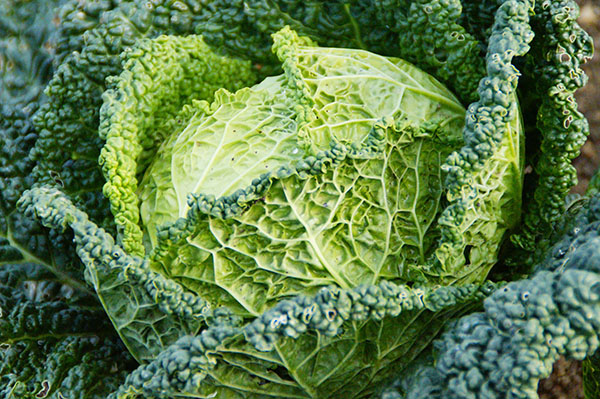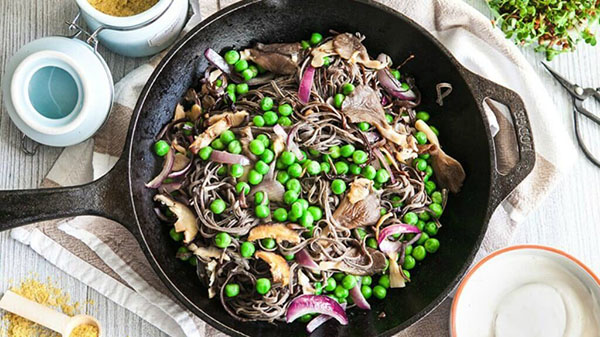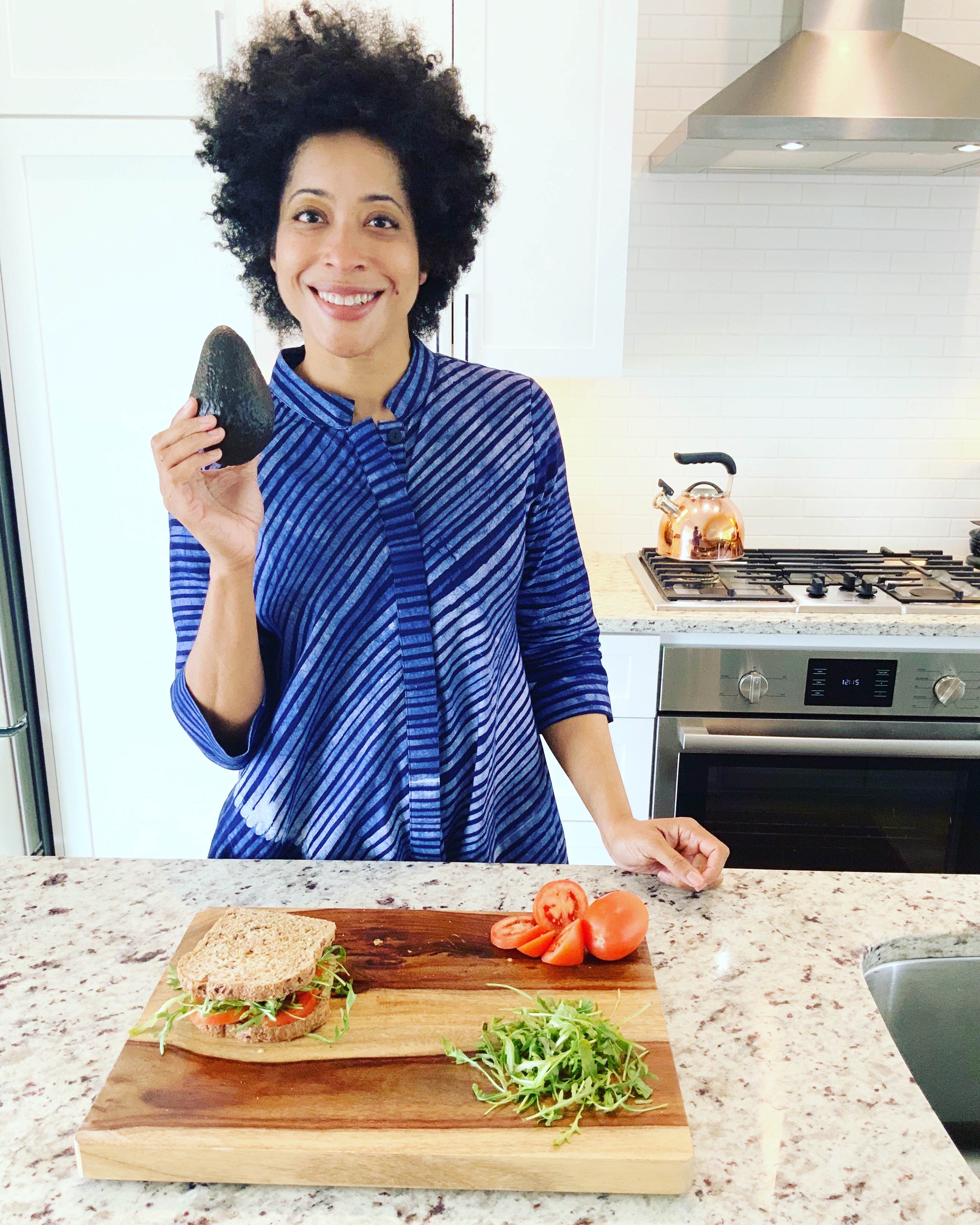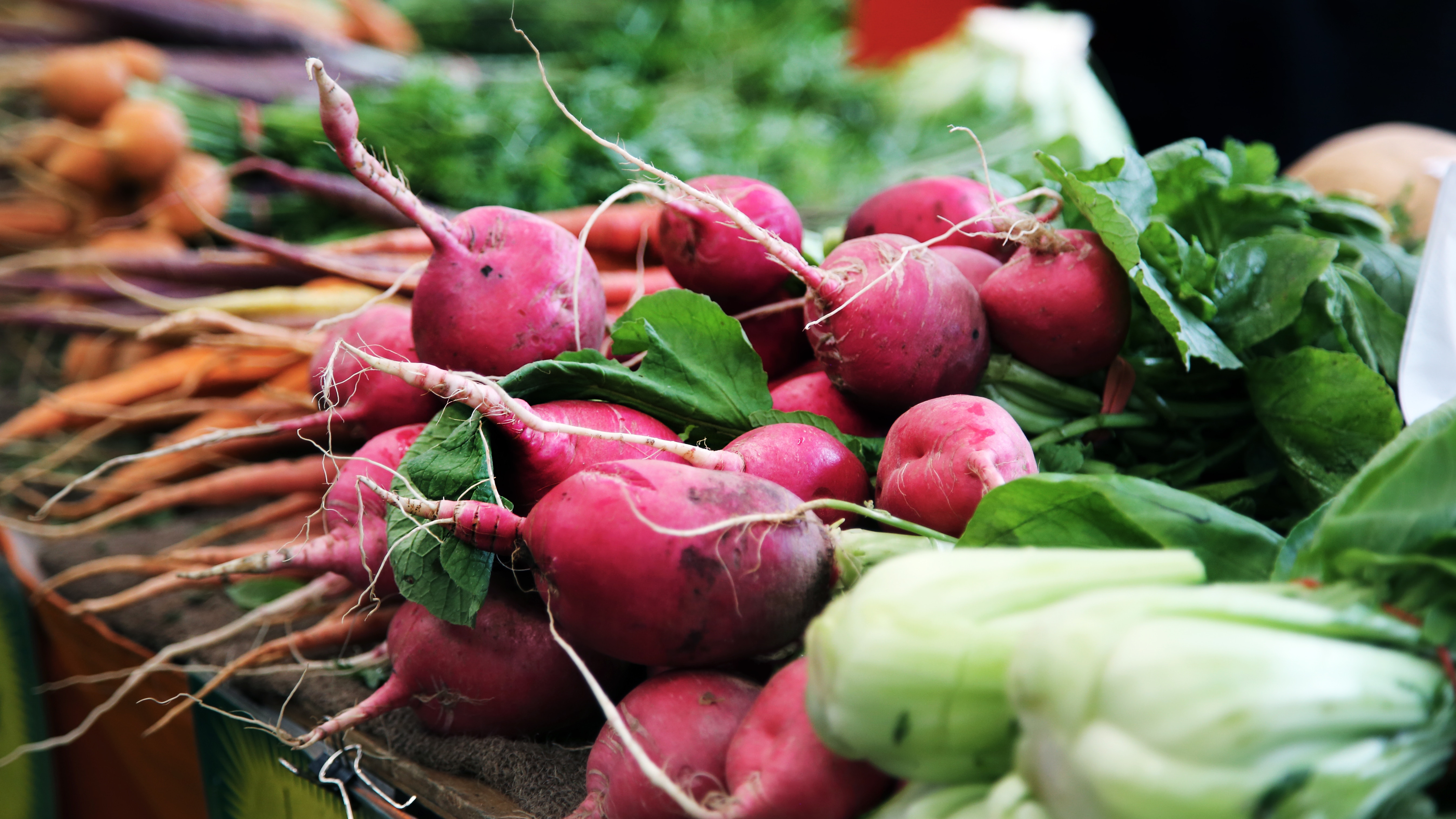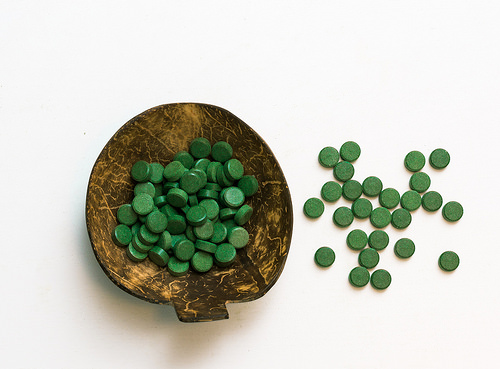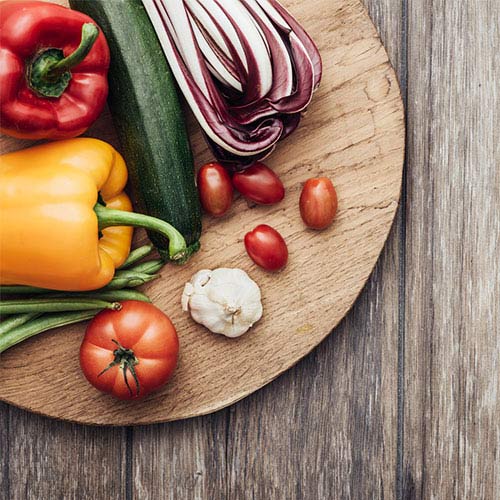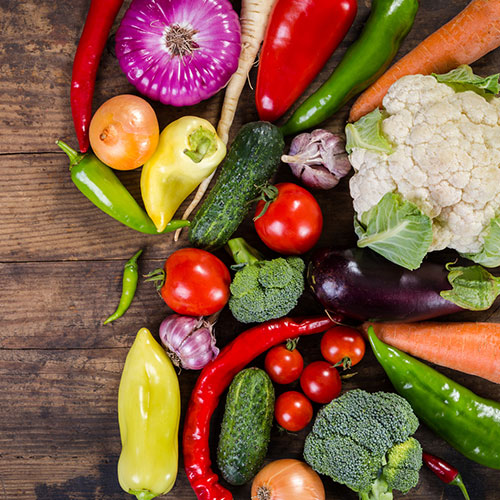Most of us will undergo some type of surgical procedure in our lifetime, or be faced with chronic wounds that just won’t seem to heal. Especially for those with Diabetes, wounds and infection can be a major problem, leading to amputations, pain, and recurrent hospitalizations.
Healing from any cause, whether postoperatively or from chronic wounds, is a complex process that is heavily influenced by diet and nutrition. In order to heal properly, FoodTherapyMD uses specific plant foods in order to:
- Decrease in inflammation. Decreasing inflammation reduces pain, improves wound healing, and makes blood clots less likely to occur.
- Boost immune system function. A strong immune system prevents the chance of infection.
- Increase blood flow. Adequate blood flow to the surgical site or wound is vital for the healing process.
- Stabilize blood sugar levels. Even if you are not diabetic, stable blood sugars in the optimal range improve healing and lessen the chance of infection.
